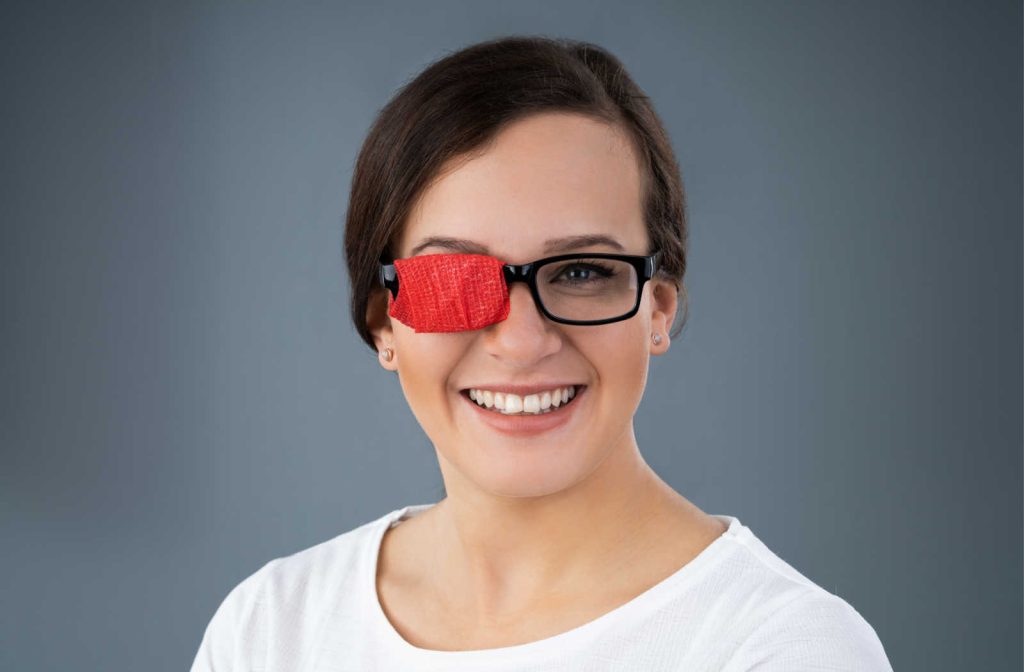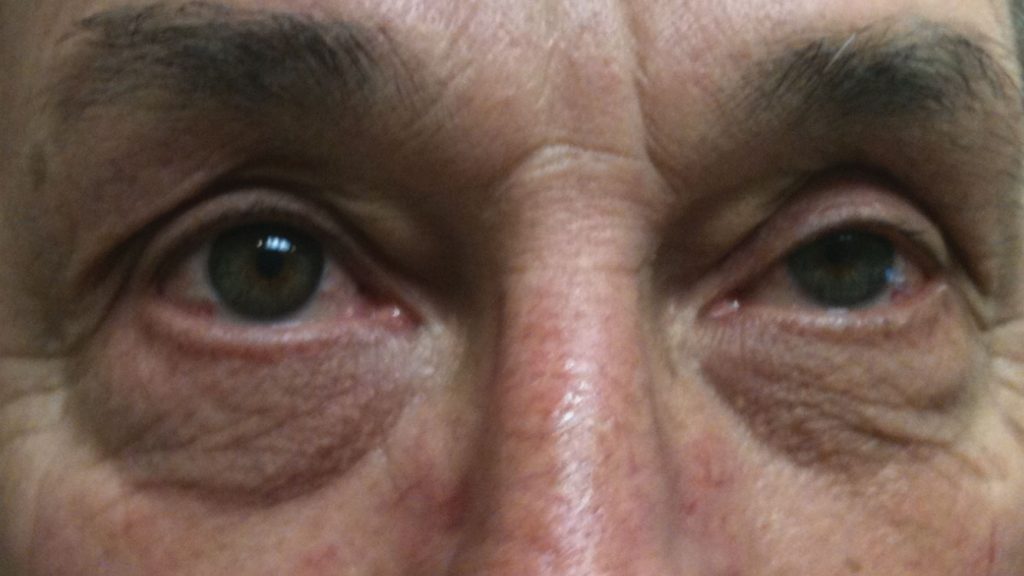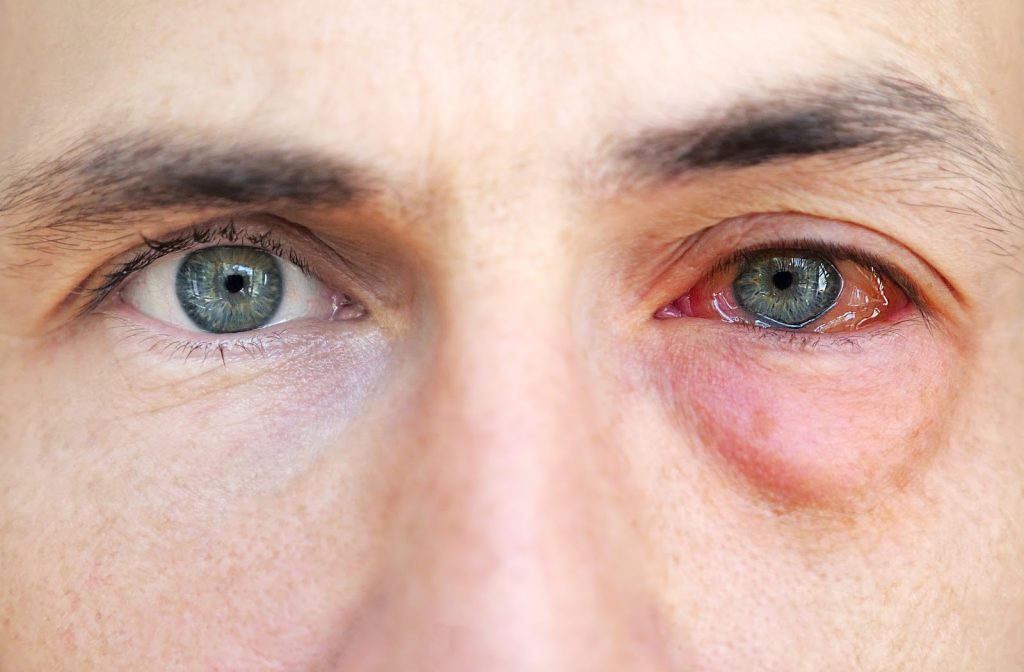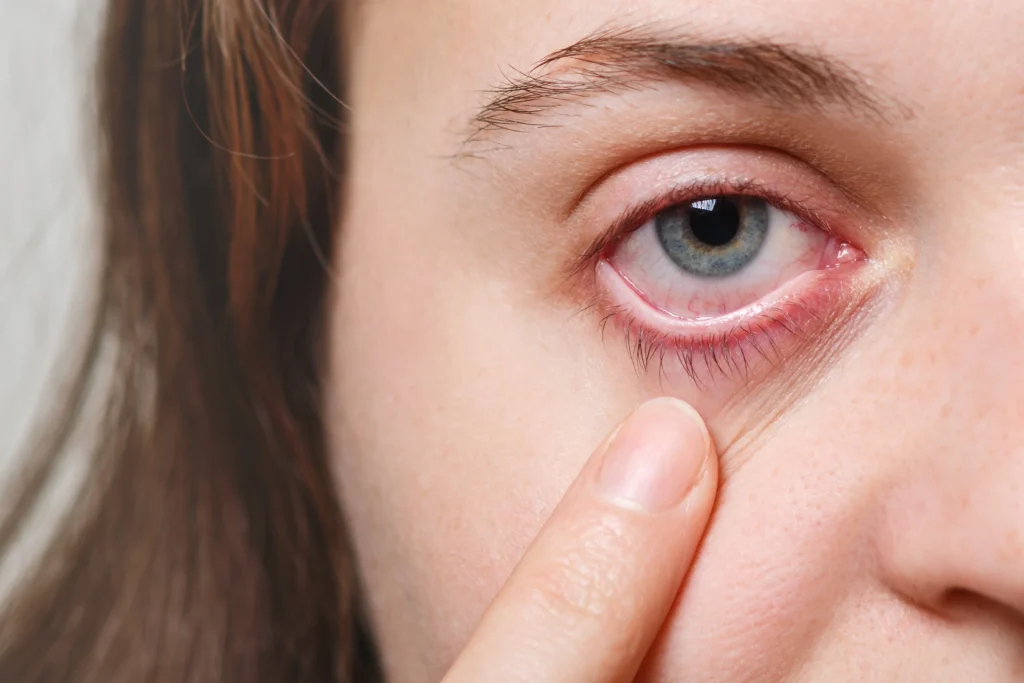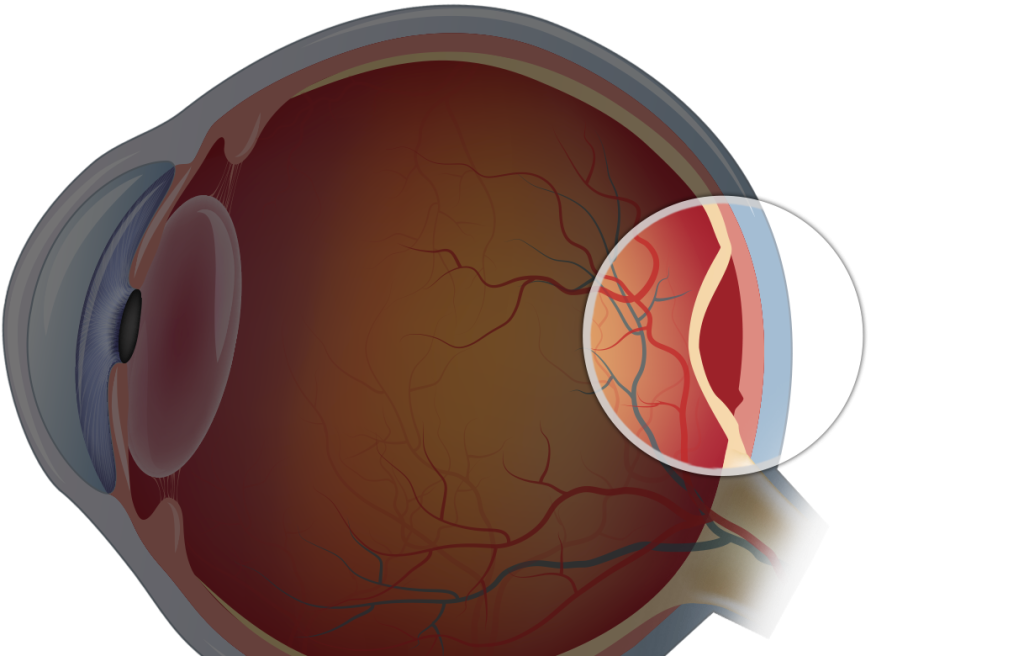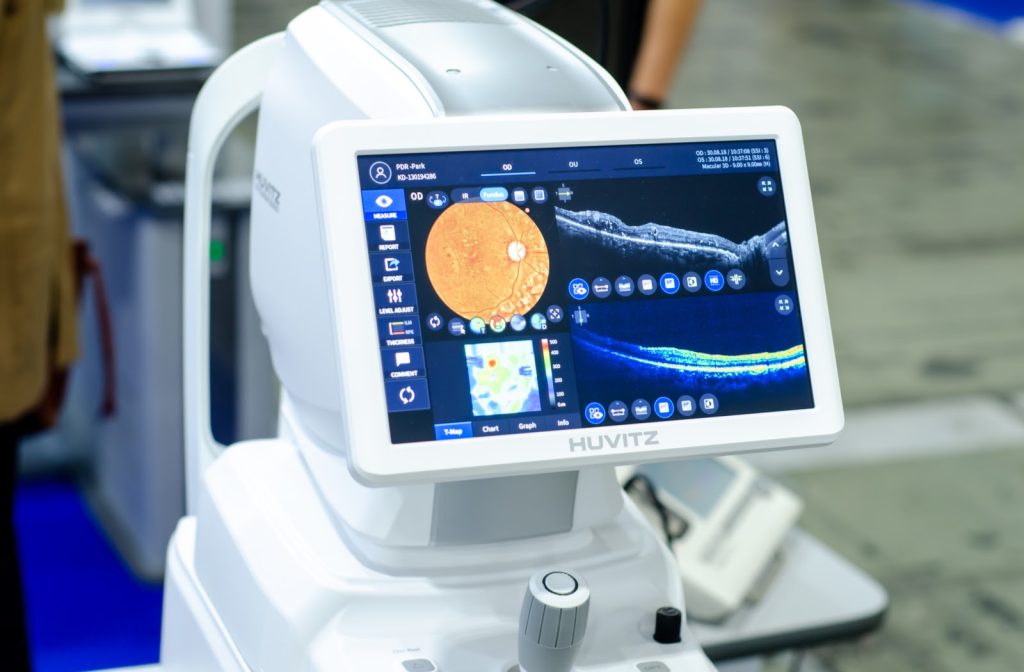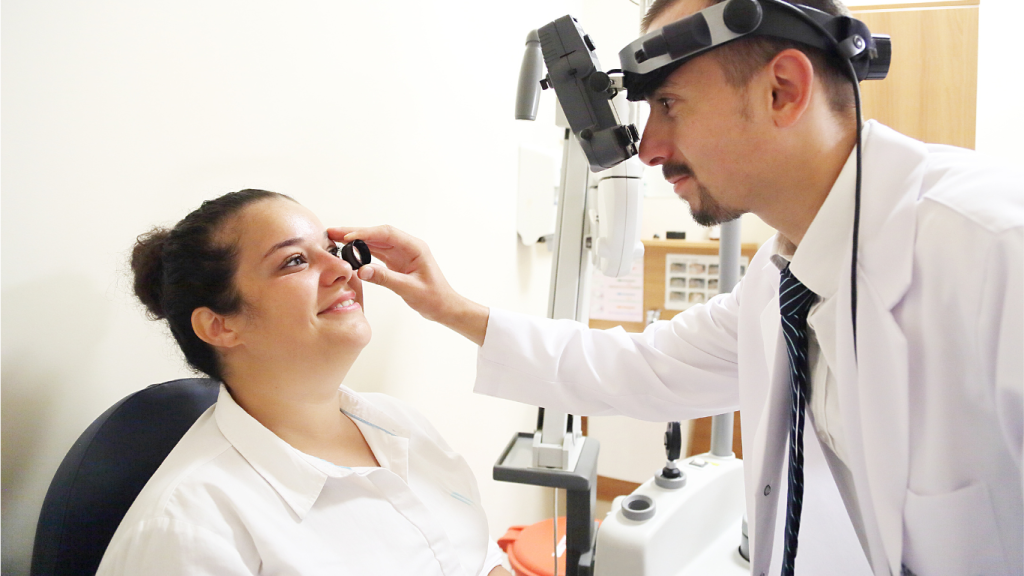How Nutrition Shapes Long-Term Eye Health Safely
Vision feels effortless until small changes appear. Many people first notice eye fatigue during long screens hours. Others sense dryness, blurred focus, or slower visual adjustment. These signs often trigger worry and curiosity together. Could food choices really affect eyesight strength? According to our editor’s research reviews, nutrition quietly influences eye tissues every day. The…
Read more



